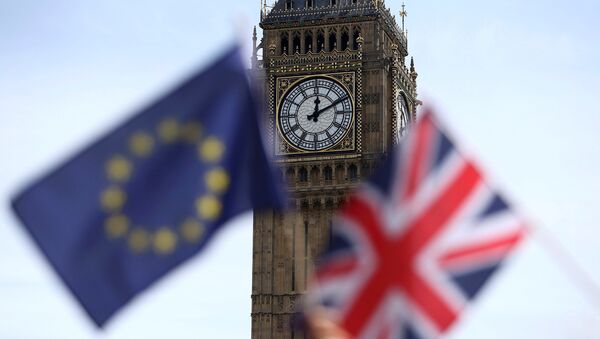The British House of Commons has published its assessment of the United Kingdom's progress in negotiating its exit from the European Union and its effects on Britain's agricultural industries and capacity to negotiate new trading agreements in a report by its cross-party Committee of Public Accounts.
Members of the Committee gave particular scrutiny to the Departments of Agriculture, Food and Rural Affairs and International Trade which it concluded were disproportionately affected by questions surrounding the return of EU powers to the devolved governments of the UK, especially in relation to Scotland.
The progress of the UK’s negotiations on EU withdrawal
— Parliamentary Inquiries (@ParliamentaryI3) May 3, 2018
House of Commons Select Committee
Exiting the European Union Committee — @CommonsEUexit
Open endedhttps://t.co/Hw8ElS15j4
Edinburgh claims at least 100 executive powers, many relating to agricultural and environmental policy, currently exercised by Brussels should be returned to Scotland when the UK completes its exit from the Union and has accused the Conservative Government in Westminster of attempting to reverse the process of devolution throughout the country and recentralize power in London.
"The Department said it would ideally have some more experienced negotiators but also expressed a preference for "young, enthusiastic, talented, ready to go" staff, over "tired, old, re-used negotiators". The Department told us that it now aims to develop the next level down from the Chief Trade Negotiator with a mix of recruitment and training existing civil servants," the report's authors said of the input received from the Department of International Trade.
At present it has the manpower to negotiate three new trade agreements simultaneously and "roll-over" only a small proportion of the current 40 EU-related arrangements.



